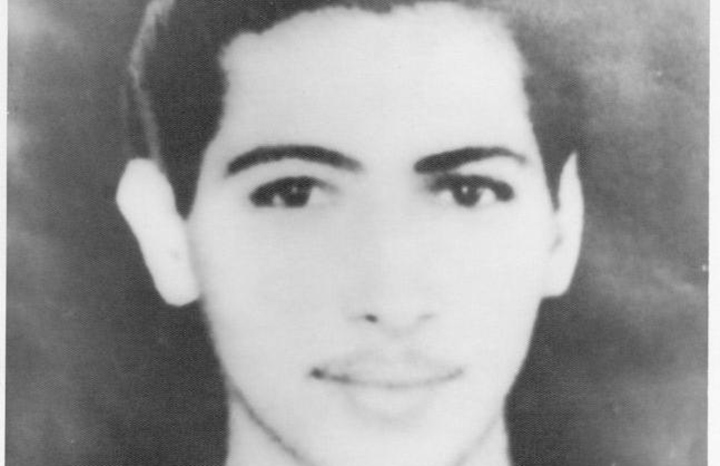
On July 20, 1926, the working-class leader Alfredo López was assassinated on the orders of the tyrant Gerardo Machado, and his battle flags still remain raised high, serving as lessons for facing the challenges of these times.
That revolutionary, in the prime of his life, was about to turn 32. His courage was appreciated by Julio Antonio Mella, who called him brother and comrade, among other epithets that reflect his values and charisma.
Several years passed before his remains were found at the foot of Atarés Castle, where he had been imprisoned and tortured.
Despite his youth, Alfredo López founded and led the Havana Workers' Federation (FOH, for its acronym in Spanish) and the National Workers' Confederation of Cuba (CNOC, for its acronym in Spanish). His union activism and struggle marked the first five years of the 1920s. He managed to complete two projects of great historical significance.
He was born in the town of Sagua La Grande, in the former province of Las Villas, on August 2, 1894. He was the son of the Asturian anarchist Alfredo López de Cossío, who lived in Cuba, and Patricia Arencibia. From a very early age, he dedicated himself to typographic work as a means of subsistence.
When he decided to settle in Havana, this training served him well and he found employment at La Mercantil printing press, where he soon joined the workers' demands for better living conditions.
In the capital, he also found meaning in his father's fighting ideas, adapted to his environment and evolved. Before he was twenty, Alfredo was already one of the sponsors and leaders of the Typographers Association. In 1918 and 1919, he organized renowned May Day rallies in the Cuban capital.
He was seen founding the Havana Workers' Federation (FOH), first, and subsequently, later and more experienced as a leader, in the creation of the National Workers' Confederation of Cuba (CNOC).
He maintained his commitment to working tirelessly for the unity of the working class, in order to guarantee the sector's fighting capacity. Hence his emphasis on creating organizations to which he courageously dedicated himself.
At the same time that he organized the May Day protests, he took part in workers' strikes that united the construction, railway, tram, tobacco, and sugar sectors of Las Villas and Camagüey. He was driven by a great fire in the fight for justice.
Carlos Baliño, leader of Marxist thought in Cuba and collaborator of José Martí in exile, supported López in his aim to achieve unity among the various workers' guilds throughout the country. They worked together tirelessly to achieve the national union organization that would reflect that ideal.
In 1922, he created the Rationalist School, which was attended by the children of workers during the day, while adults attended at night.
Some consider this institution a sort of precursor to the José Martí Popular University, founded by Julio Antonio Mella on November 3, 1923. When Mella created his transcendent institution, Alfredo López was among his most loyal collaborators.
Dedicated to the fight for justice with his intelligence and vigor, he was a young Cuban faithful to his time and to what he considered his duty. Those who knew him said he fought for others, more than for himself, because with his salary as a linotypist at the company where he worked, he could have comfortably supported a family without risking his life.
From an early age, he gave his all for the working class, yet at times he seemed like a dandy, usually dressed in a dark suit and elegant white tie. Of course, and Mella noticed this, in the pockets of his clothes were all kinds of printed pamphlets detailing workers' rights. Alfredo López is ineffable. (Source: ACN)